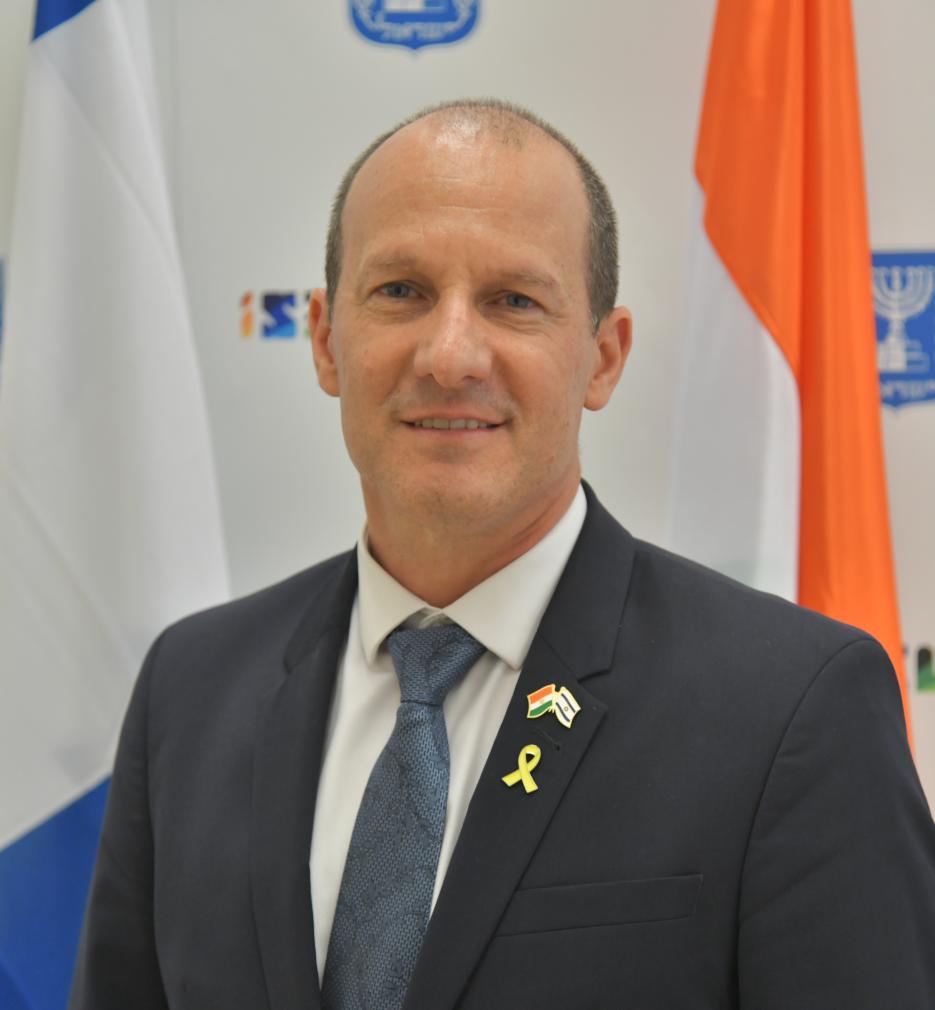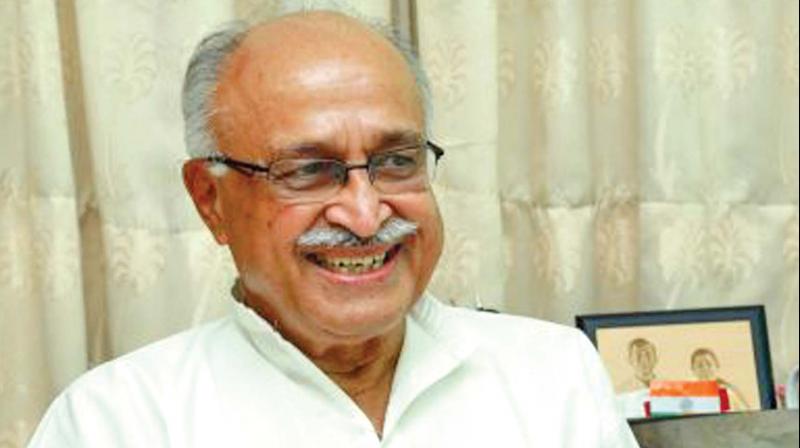Gaza remains a highly sensitive issue among global human rights advocates. In Sri Lanka, Muslim political parties and several groups actively work to keep this topic in the public eye. Conversely, pro-Palestinian lobbying is often perceived as a challenge to strengthening Sri Lankan-Israeli relations. How do you view those who oppose Israel based on their support for Palestine? From a political standpoint, why does Israel consider the continuation of the war in Gaza necessary?
Although the situation in Gaza is indeed tragic, it is a direct result of one of the most brutal and atrocious terrorist attacks perpetrated by the Hamas terrorist organisation, which has sworn to exterminate the State of Israel, killed 1200 Israelis and took 254 hostages on October 7th. That is only part of the terrible behaviour of Hamas, which included also using their own population as human shields, hiding in safe havens like hospitals and schools among civilians and more. Exposing their own population to crossfire and preventing them of much-needed assistance through sequestration of international aid has also added to suffering. It is regrettable that Muslim parties in East Asia, including in Sri Lanka, are banking on Hamas’s misinformation campaigns and that of pseudo-human rights organizations, which are interested in perpetuating Palestinian suffering under Hamas.
Moreover, ignoring Sri Lankan indigenous interest in fulfilling much-needed cooperation in mutually beneficial fields for the sake of our countries is an unpatriotic move that will only serve those that promote political manipulation and religious-based populism.
Israel will continue military actions until all our hostages are back and we make sure Hamas cannot rearm and regroup to commit another 7th of October, which they’ve already stated they intend to launch again.
The recent decision by the government of the United Kingdom to designate the “Palestine Action” group as a terrorist organisation marks a significant development in Western policy regarding pro-Palestinian activities. What is your perspective on this decision? In view of the emergence of anti-Jewish sentiments under the banner of pro-Palestinian advocacy in Sri Lanka, what lessons do you think Sri Lanka should consider from the UK’s approach?
The UK’s decision is a step in the right direction. Unfortunately, not enough has been done to curb violent demonstrations in general and attacks on Jews specifically. The radical elements are only looking for excuses to throw havoc and create political instability because of domestic interests which have nothing to do with the situation in West Asia. If they would really care about human rights, they would have demonstrated also against the atrocities committed only last week against minorities in Syria, or the hunger in Sudan, or the atrocities against minorities in Bangladesh.
Sri Lanka is a country with deep traditions of coexistence and pluralism. Like any democracy, I’m confident it will make sure that political discourse remains peaceful.
Although Sri Lanka and Israel have maintained diplomatic relations since 1948, the relationship has not developed into a particularly robust partnership. Sri Lanka’s approach to Israel has largely been influenced by domestic political considerations. During periods of internal conflict, cooperation focused primarily on counter-terrorism efforts. In the post-war context, however, there has been limited effort to further strengthen bilateral ties. The Easter Sunday attacks demonstrated Sri Lanka’s vulnerability to transnational Islamic terrorist groups, and the Arugam Bay incident further underscores this risk. In light of these developments, how do you envisage future opportunities for Israel and Sri Lanka to collaborate on security matters, particularly in addressing emerging threats from Islamic fundamentalism?
You’re right. Israel and Sri Lanka have maintained diplomatic ties for over seven decades, and while there have been moments of close cooperation, especially during times of internal security challenges, the full potential of our relationship remains untapped.
The tragic Easter Sunday attacks in 2019 were a stark reminder of how global terror networks operate without borders. They also showed that even countries not directly involved in Middle Eastern conflicts are not immune to Islamist radicalisation and terrorism. The recent developments around Arugam Bay only reinforce the need for constant vigilance and proactive cooperation.
Israel has faced similar threats for decades. Over time we’ve developed highly advanced counter-terrorism capabilities— both in terms of intelligence and technology, as well as in building societal resilience. We are ready and willing to share this expertise with Sri Lanka.
Both our nations have experienced the scars of terrorism. This creates a foundation of empathy and shared understanding, which can guide us in building a strategic partnership rooted not only in security, but also in innovation, resilience, and people-to-people ties.
We respect Sri Lanka’s sensitivities and domestic political landscape, but I believe the time is right to reimagine our relationship – not just in reaction to crises, but in anticipation of shared opportunities and challenges. We are engaging with the new government and are willing to embrace together the vision of economic development that serves prosperity for all.
The recent conflict between Israel and Iran suggests that, as long as Iran continues its nuclear program, ongoing tension in the Middle East may become the “new normal.” At the same time, some argue that Iran, as a sovereign nation, has the right to make its own decisions without external interference. However, it is not always clear to outside observers why the State of Israel opposes Iran’s nuclear program. In this context, how serious is the threat posed by Iran’s nuclear program? Why does Israel remain steadfastly opposed to it?
Iran has embarked decades ago in a military nuclear program which includes enriching uranium to weapons-grade, developing delivery systems for nuclear warheads and actively pursuing the construction of a nuclear warhead. It has repeatedly cheated the International Atomic Agency and breached the Safeguards Agreement it signed. Moreover, it has sworn to destroy the State of Israel multiple times, including in a statement of their former president, who said that Israel is a “one bomb country”.
You cannot separate Iran’s nuclear ambitions from its role as the world’s leading state sponsor of terrorism. It arms and funds proxies like Hezbollah and Hamas – groups that openly call for Israel’s destruction. A nuclear Iran would not just threaten Israel, but destabilise the entire region and trigger a dangerous arms race.
Some argue Iran has the sovereign right to make its own decisions. Sovereignty though does not mean the right to develop weapons of mass destruction while threatening to wipe another nation off the map.
Israel supports diplomacy; however, we will never allow a regime that calls for our annihilation and actively pursues that call the means to do it. This isn’t just about policy, it’s about survival. If you are serious about getting diplomacy to succeed with a belligerent and extremist theocratic regime like the Islamic republic of Iran, you need to have to show the resolve to back your positions with hard power.




